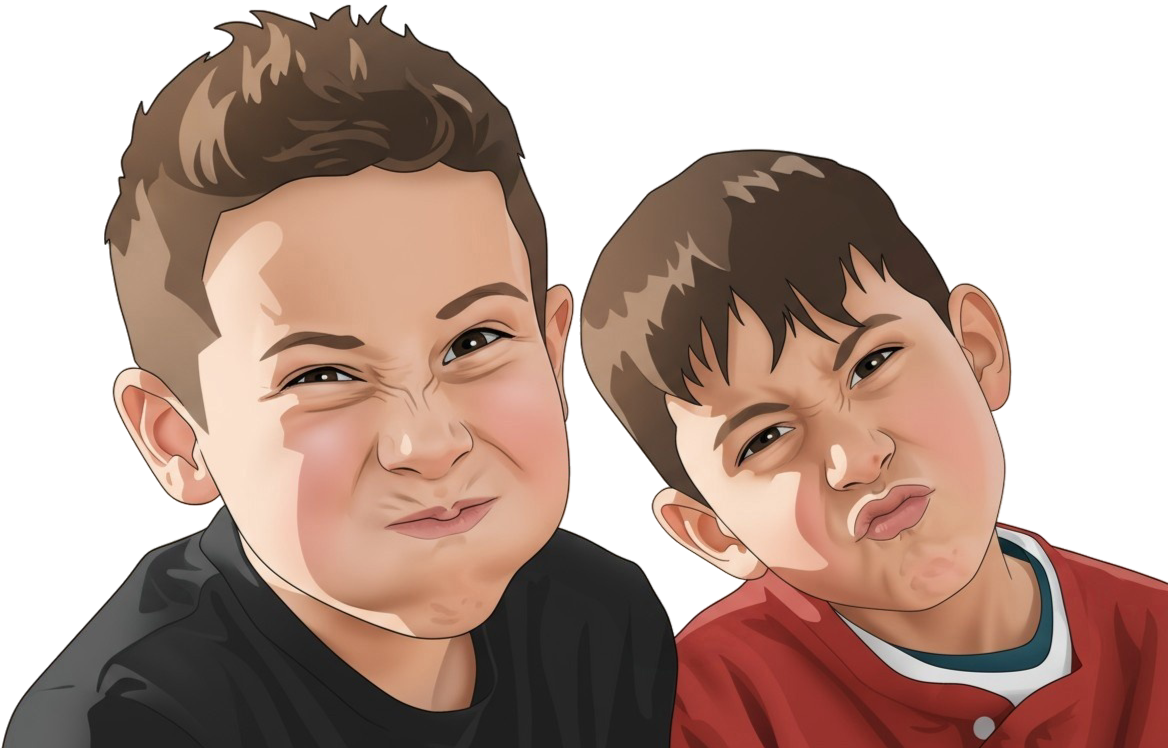kids
We
were
once
We once
were kids
We once
were kids
We once
were kids
From the forced separation of families in Chicago to the genocide in Gaza, from the bullying in our schoolyards to the hate on our streets, it is invariably children who bear the heaviest burden of conflict and the dehumanization wrought by adults. The scars of these struggles etch themselves most deeply on the youngest among us, who lack the power to resist yet suffer the most enduring consequences.
We were all once children, and we carry within us memories of both the vastness of young dreams and the terror of innocent despair. To remember our own vulnerability is to recognize the responsibility we hold toward the children of today. Their laughter, curiosity, and resilience remind us of what is possible when human dignity is protected and nurtured. Conversely, their tears and silences reveal the cost of our failures as societies and as individuals.
“At the heart of every debate about justice, freedom, or security should be a simple guiding question: What does this mean for our children? If our decisions do not lead to greater safety, dignity, and hope for them, then we have chosen wrongly.”
Today’s children are more than the inheritors of our world; they are its most valuable shared trust and tomorrow’s greatest promise. Each child embodies potential that transcends borders, faiths, and identities. When we neglect their safety or compromise their innocence, we are not only failing them—we are impoverishing our collective future.
Children do not create the wars, the divisions, or the injustices that shape their lives. They do not choose to be displaced from their homes, to lose their parents, or to grow up in fear. Yet it is they who absorb the impact of these choices, carrying invisible burdens that shape their futures in ways they cannot yet comprehend. When adults fail to protect them, the ripple effects echo for generations.
This reality calls us to a higher form of accountability. We must look beyond politics, beyond ideology, and beyond the narrow interests that so often divide us. At the heart of every debate about justice, freedom, or security should be a simple guiding question: What does this mean for our children? If our decisions do not lead to greater safety, dignity, and hope for them, then we have chosen wrongly.
And yet, there is reason for hope. Throughout history, children have been among the most powerful symbols of renewal. Their ability to forgive, to imagine, and to dream often exceeds our own. When we choose to invest in their well-being, to listen to their voices, and to defend their right to a safe and loving environment, we are reminded of humanity’s capacity for transformation.
Building a safer and kinder world for them is not optional. It cannot be left to chance, nor postponed to another generation. It is a moral obligation that binds us all, across communities and nations. Whether through ending cycles of violence, addressing injustice, or cultivating compassion in our schools and neighborhoods, the charge is clear: to ensure that children are free to dream, to grow, and to flourish.
This is precisely why the mission of the Sanctity Foundation is so vital. By upholding the inherent dignity of every human being, the foundation serves as a guardian of the very principles that safeguard children and, through them, our shared future. Its work reminds us that dignity is not an abstract concept—it is the daily bread of justice, compassion, and protection that every child and every community deserves. In standing for sanctity, we stand for the world our children long for, and the world we are morally bound to build.



